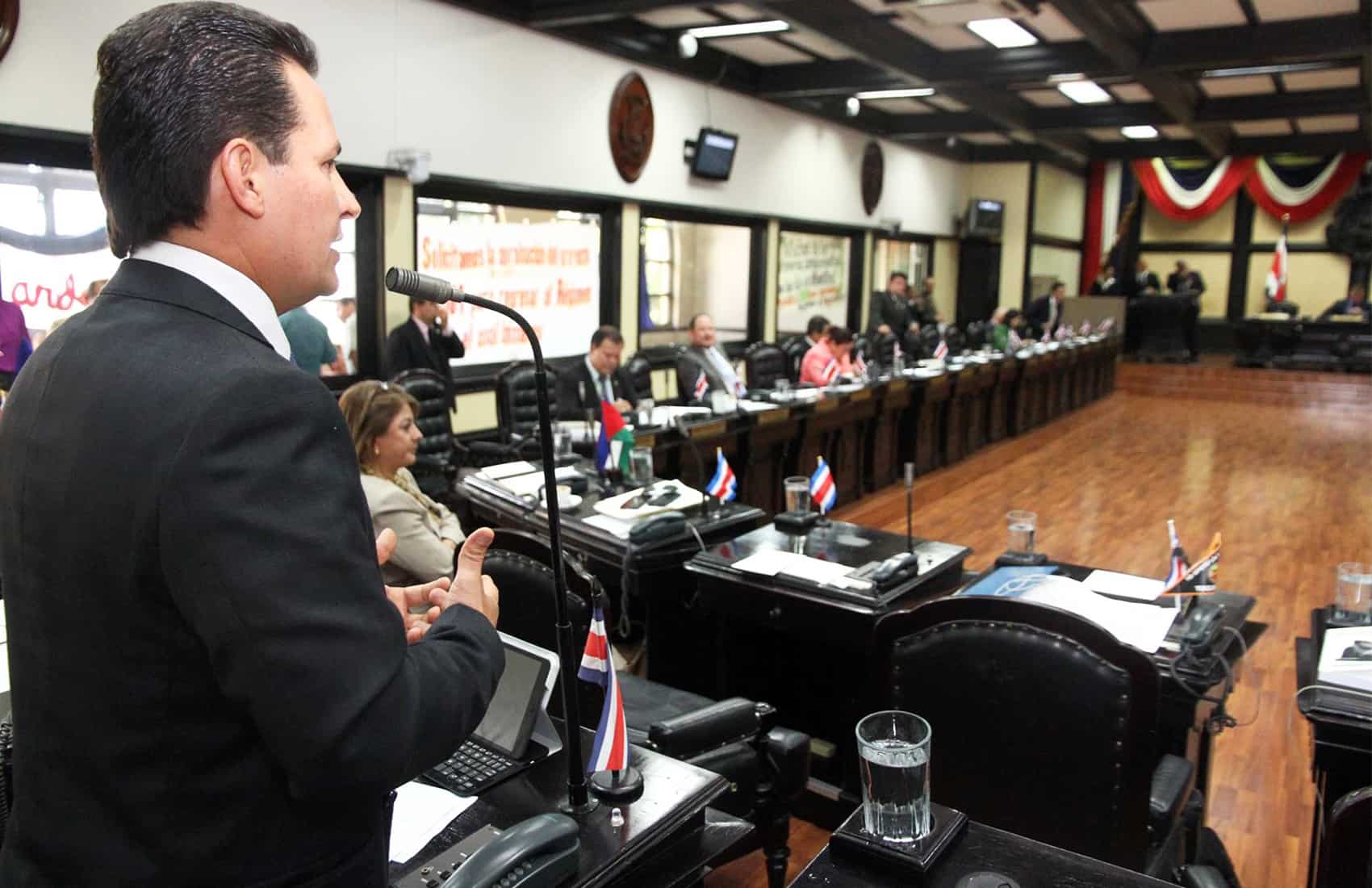Costa Rica’s executive branch backed down Tuesday from a bill to regulate in vitro fertilization (IVF), saying it would wait for separate rulings from the Supreme Court and the Inter-American Court of Human Rights (IACHR) before pushing further regulation.
The move follows months of uncertainty since President Luis Guillermo Solís signed a decree legalizing the long-banned fertility procedure in September. Since then, opponents have filed multiple challenges to the decree with Costa Rican courts, while defenders of IVF have responded with challenges to those challenges.
Passage of a legislative bill would solidify the fertility procedure’s legality and set out more specific regulations than those outlined in the presidential decree.
Some critics of Solís’ unilateral move to legalize IVF said he should have gone through the Legislative Assembly. Now, the president has temporarily abandoned that route.
Casa Presidencial said in a news release Tuesday that the proposed bill to regulate IVF would implement stricter regulations than those approved under the executive decree, and therefore “would be discriminatory and regressive in terms of human rights.”
Vice Presidency Minister Luis Paulino Mora said the government considers it prudent to wait for pending judicial rulings before making a final decision on the bill’s future. The executive branch sets the Assembly’s agenda of bills for discussion and voting from Dec. 1 to April 30, both in the full Assembly and in commissions.
President Luis Guillermo Solís signed the executive decree legalizing IVF procedures on Sept. 11. However, the decree has yet to take effect; It was suspended by an appeal filed before the Constitutional Chamber of the Supreme Court, or Sala IV, by a group of lawmakers who argued that IVF can only be regulated by law, not by decree.
IVF procedures were banned in 2000 by a Sala IV ruling. Solís’ decree was an effort to come into compliance with a 2012 ruling from the regional Inter-American Court of Human Rights, which ordered the country to reinstate the right to IVF.






